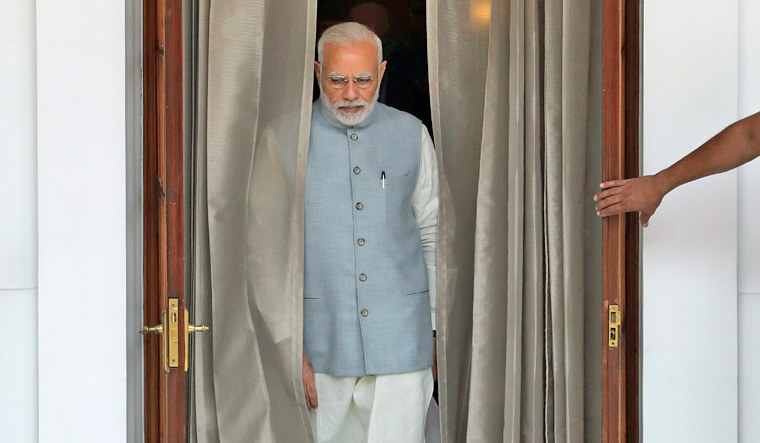While Modi government is tom-tomming its four year achievements, rating agency CRISIL says that the business sentiment needle hasn't moved in a material way in the last four years, despite government scoring well on global competitiveness and ease of doing business rankings. CRISIL has analysed Modi government's four years through the six lenses of – employment, investment, manufacturing, rural, financial inclusion and technology and taxation.
On employment front, the report says that challenges persist mainly because construction and manufacturing, which generate the most employment among non-agriculture sectors have underperformed.
Investments remain elusive despite all the facilitations – private sector investments remain sluggish and are unlikely to revive in a hurry. The record on manufacturing is not too great. Manufacturing's share in GDP increased only 80 bps between fiscals 2015 and 2018 to 18 per cent, making the ‘Make in India’ target of 25 per cent by fiscal 2022 appear gargantuan.
"The rural economy, is beset with challenges such as slower agricultural growth, poor farm price realisation, slowdown in construction activity, and sluggish rural wage growth despite a raft of well meaning measures in the past four years," says the report.
The only thing where there has been major improvement is financial inclusion and technology because of the JAM trinity. In taxation, direct tax compliance has shown clear improvement in the past two years, following the income declaration scheme and demonetisation, and GST is seen speeding up both formalisation and tax compliance.
The report however says that the Narendra Modi-led National Democratic Alliance government’s efforts to ensure a well-oiled economy could be tested in its fifth year in office as multiple risks materialise, led by exogenous factors such as a runaway rise in global crude oil prices.
“There is very little fiscal and monetary room for counter-cyclical policies to boost growth and these would not be very effective either as most of the problems plaguing the economy – be it in manufacturing, exports, or agriculture/rural – are structural in nature and can only be addressed through reforms," said Dipti Deshpande, Senior Economist, CRISIL.


